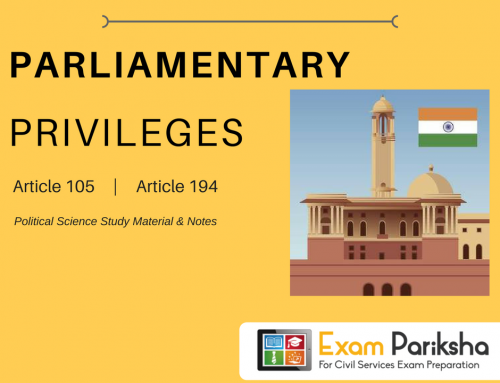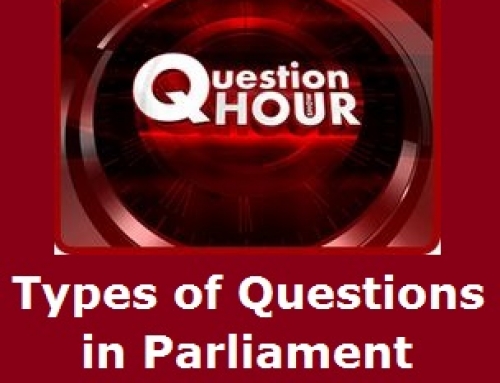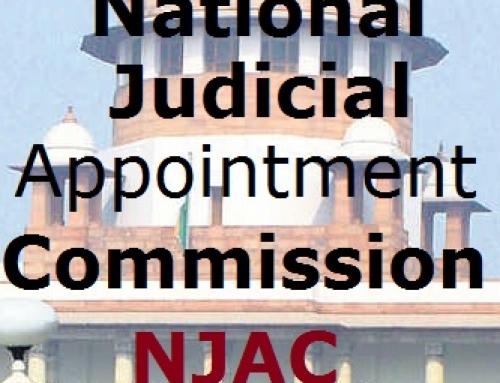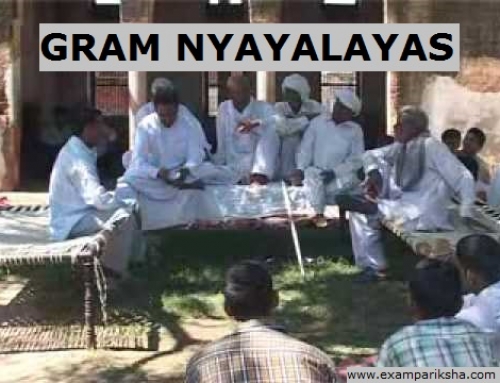Council of Ministers with the Prime Minister as its head are provided by the Article 75 of the Indian Constitution which lays down the basic rules regarding the organisation of the Union Council of Ministers.
The Council of Ministers has a strong and central position as the real and powerful executive in the Indian political system. All the powers of the President of India are really exercised by the Council of Ministers.
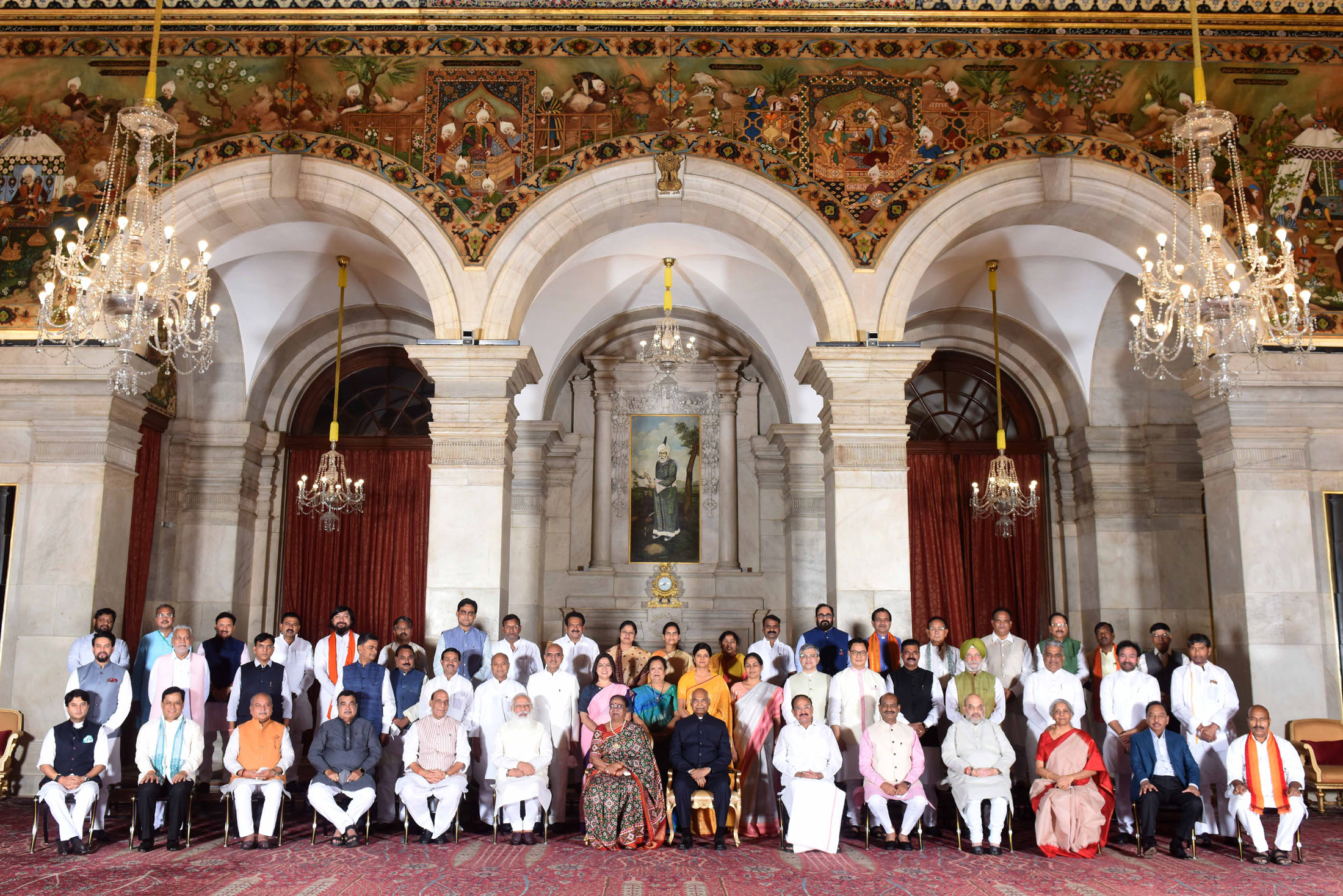
The latest Council of Ministers [Updated in July 2021]
Appointment of Council of Ministers:
According to Article 75 of the Indian Constitution, council of ministers are selected by the Prime minister. The President appoints them thereafter. While selecting the ministers, the PM keeps in mind that due representation to different regions of the country, to various religious and caste groups. In a coalition government, the members of coalition parties have to be given due representation in the Council of Ministers according to political compulsions.
Eligibility for being a Union Minister
- In order to be a Minister, a person has to be a member of either of the two Houses of Parliament.
- However, even if a person is not a member of any of the two Houses, he can become a Minister for a period of six months.
- Within six months the Minister has to get himself/herself elected to either House of Parliament, failing which he/she ceases to be a Minister.
Categories of Ministers:
The Council of Ministers consists of three category of ministers. These are: Cabinet Ministers, Ministers of State and Deputy Ministers.
- Cabinet Ministers : The Cabinet Ministers are usually senior members of the party/coalition of parties.
- Ministers of State (MoS) : The Ministers of State are ranked next to the Cabinet Ministers. Some of the Ministers of State have independent charge of a department while other Ministers of State only assist the Cabinet Ministers.
- Deputy ministers : Deputy ministers are also appointed to assist the Cabinet Ministers or the Ministers of State. No Deputy Minister holds an independent charge of any department.
Ministers other than Cabinet Ministers normally do not attend the meetings of the Cabinet. All policy matters are decided by the Cabinet.
Council of ministers and the Cabinet:
The terms Council of Ministers and ‘The Cabinet’ are often confused with each other often. In reality, they are not inter-changeably. I should mention that, prior to the 44th Amendment Act of the Constitution, the word ‘Cabinet’ was not mentioned in the Constitution.
Difference between Council of Ministers and Cabinet Ministers
Let us firstly distinguish between the Council of Ministers and the Cabinet.
- The Council of Ministers consists of all category of Ministers in the Parliament i.e., Cabinet Ministers and Ministers of State and also Ministers of State with independent charge. The Cabinet on the other hand consists of Senior Ministers only.
- The Cabinet varies in number from 15 to 30 while the entire Council of Ministers can consist of even more than 70.
- The Council of Ministers as a whole rarely meets. The Cabinet on the other hand meets as frequently as possible.
- It is the Cabinet that determines the policies and programmes of the Government and not the Council of Ministers.
Thus, ‘Cabinet is an inner body within the Council of Ministers’. It acts in the name of the Council of Ministers and exercises all powers on its behalf.
Powers and Functions of the Cabinet:
- The Cabinet has immense powers and multiple responsibilities.
- All the executive powers of the President are exercised by the Cabinet headed by the Prime Minister.
- The Cabinet regulates and formulates the internal and external policies of the country.
- It takes all major decisions regarding defense and security of the country.
- The Cabinet is also responsible for the Ordinances by the President when the Parliament is not in session.
- It also forms policies to provide better living conditions for the people.
- Cabinet also has control over the national finance.
- The Cabinet is responsible for whole of the expenditure of the government as well for raising necessary revenues.
- The Cabinet prepares the text of President’s address to the Parliament.
- The sessions of the Parliament are convened by the President on the advice of the Cabinet conveyed to him through the Prime Minister.
- The Cabinet also prepares the agenda of the sessions of the Parliament.
Responsibility of the Council of Ministers:
Constitutionally speaking, the Ministers stay in the office during the pleasure of the President which means till they are in agreement with the Prime Minister. But, they are responsible to, and removable by the Lok Sabha.
Actually the Constitution has mentioned that the Council of Ministers shall be responsible to the Lok Sabha ( and not to both the Houses). This is because ministerial responsibility is the essential feature of parliamentary form of government. The principle of ministerial responsibility has two dimensions: collective responsibility and individual responsibility.
1. Collective Responsibility-
Our Constitution clearly states that “The Council of Ministers shall be collectively responsible to ‘House of the People”. It means that the Ministers are responsible to the Lok Sabha collectivelly. The essence of collective responsibility is that, ‘the Minister must vote with the government, speak in defense of it if the Prime Minister insists, and he/she cannot afterwards reject criticism of his act, either in Parliament or in the constituencies, on the ground that he/she did not agree with the decision.’ This responsibility has two implications.
- It means that every member of the Council of ministers accepts responsibility for each and every decision of the Cabinet. When a decision has been taken by the Cabinet, every Minister has to stand by it. If a Minister does not agree with the Cabinet decision, the only alternative left to him/her is to resign from the Council of Ministers.
- Also the vote of no-confidence against the Prime Minister is a vote against the whole Council of Ministers. Similarly, adverse vote in the Lok Sabha on any government bill or budget implies lack of confidence in the entire Council of Ministers, not only the mover of the bill.
2. Individual Responsibility-
Though the Ministers are collectively responsible to the Lok Sabha, they are also individually responsible to the Lok Sabha.
- Individual responsibility is enforced when an action is taken by a Minister without the concurrence of the Cabinet, or the Prime Minister, then it is criticized and not approved by the Parliament.
- Similarly if personal conduct of a Minister is questionable, he may have to resign without affecting the fate of the Government.
- If a Minister becomes a liability or embarrassment to the Prime Minister , he may be asked to resign.
No-Confidence Motion :- It is a motion moved by a member of legislature expressing no-confidence of the House in the Council of Ministers. If adopted by the legislature, the Council has to resign along with the Prime Minister.
Short Summary of Council of Ministers
The Council of Ministers is headed by the Prime Minister, it aids and advises the President in the exercise of his functions. It consists of two levels of Ministers– Cabinet Ministers and Ministers of State.
The President appoints the Ministers on the advice of the Prime Minister. The Council consists of all category of Ministers, while the Cabinet is a smaller group consisting of senior Ministers.
The Council of Ministers can be removed from office by Lok Sabha if a vote of no-confidence is adopted by it.
The Council as a whole rarely meets. It is the Cabinet which determines the policies and programmes of the Government.
The Cabinet formulates the external and internal policies of the government. It coordinates the working of various departments. It has full control over the national finance.
Most importantly, all the Ministers of Council are collectively as well as individually responsible to the Lok Sabha.
Here’s the official link for the council of ministers.


